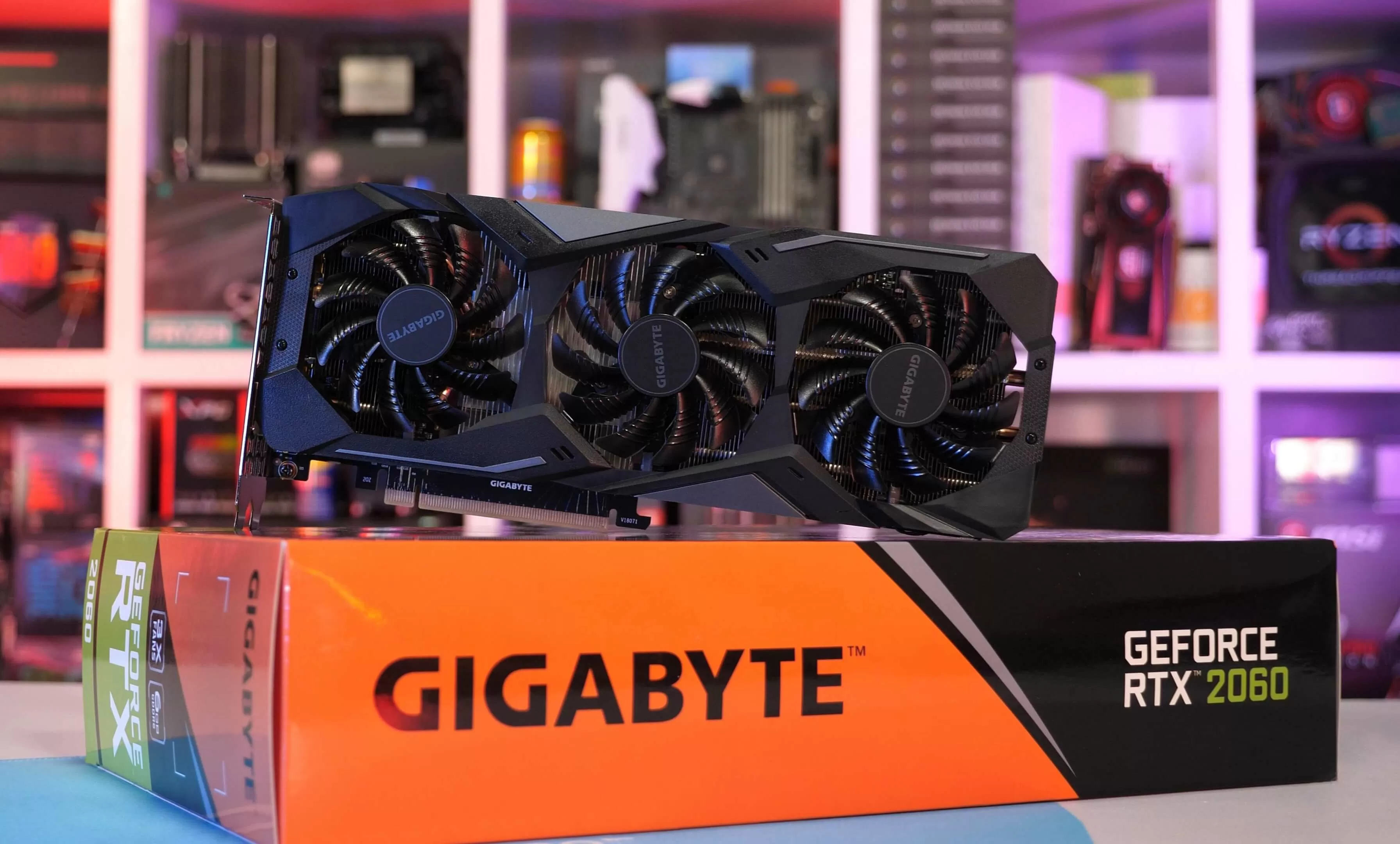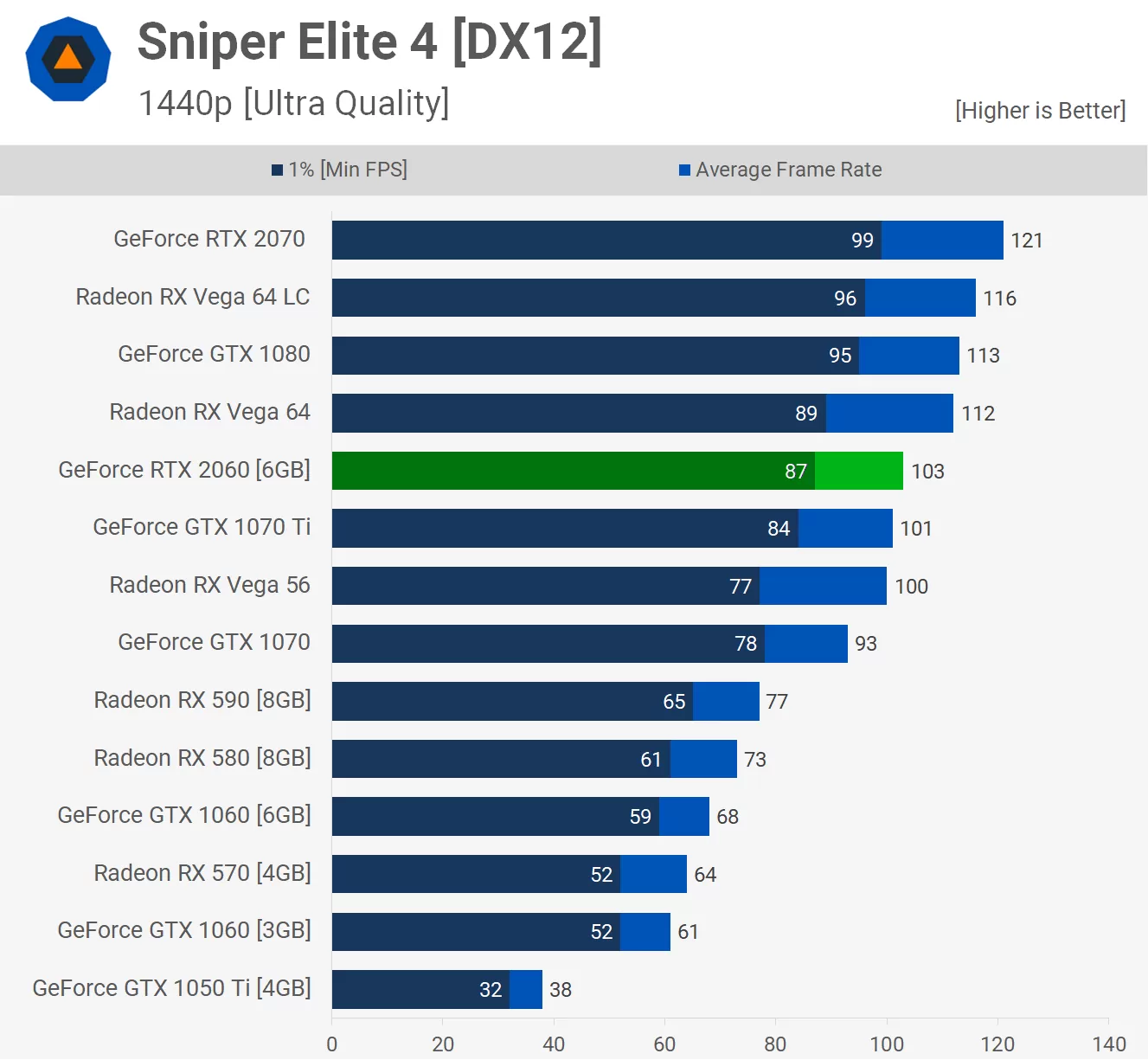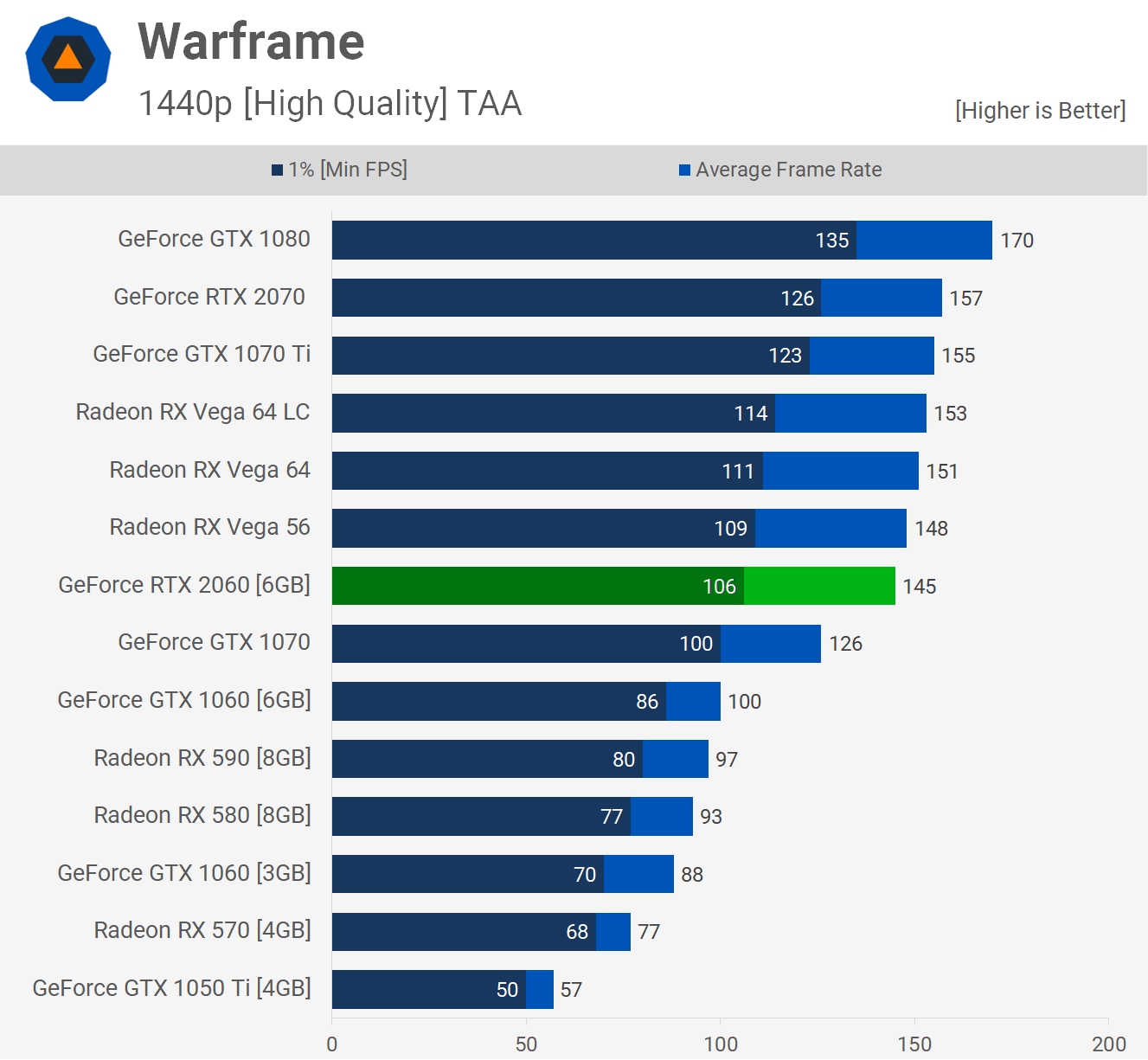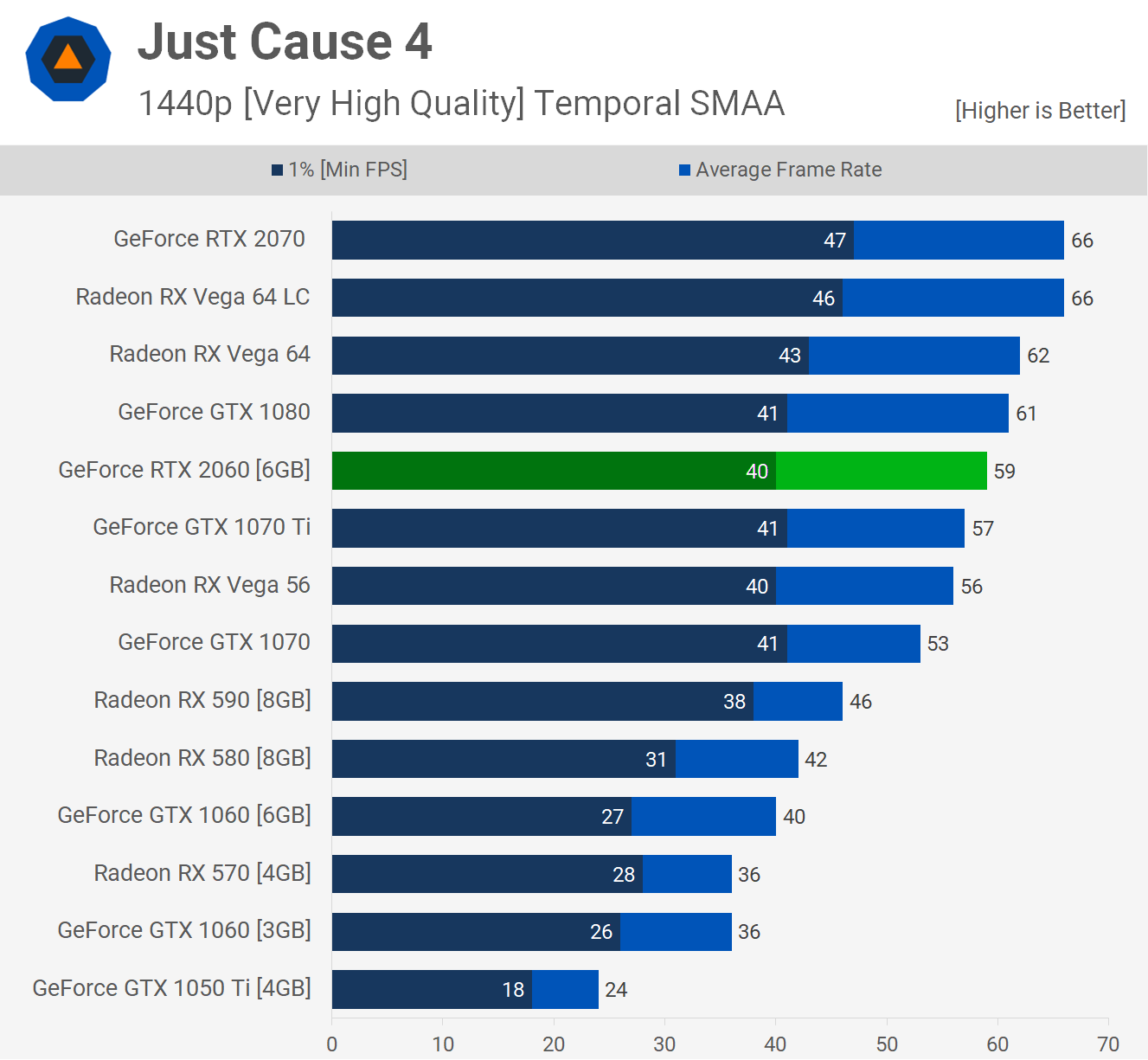Finally after an inevitable postpone, it’s time for our fingers-on GeForce RTX 2060 insurance. The first evaluations primarily based on Nvidia’s Founders Edition card went out on January 7th, the identical day Nvidia formally brought the card, but lamentably we weren’t included. Then playing cards started to appear on store shelves at the 15th, selling around the $350 MSRP. By then we had obtained our evaluate samples however because we had been technically already overdue, in place of rush in we decided to take our time and show an extremely in-depth benchmark assessment.
Read More :- A Look Back at the GeForce GTX 780 in 2017
- GeForce GTX 970 & Radeon R9 390: Are They Still Game?
- GeForce GTX 1060 3GB vs. Radeon RX 570 4GB: 2018 Update
Today we've got a 36 recreation benchmark with over a dozen exceptional GPUs. You will even discover blanketed some of big performance breakdowns on the end of the object, along with the same old cost in line with body stuff. By the time we are achieved you’ll recognise precisely wherein the RTX 2060 stands, and what it has to offer gamers.

For testing we have the Gigabyte RTX 2060 Gaming OC Pro and the MSI RTX 2060 Gaming Z. Both are extraordinary searching forums, but for the reason that Gigabyte card arrived first that's what we used for all of the testing. Later on we'll look at providing better element about thermals and other elements that are reserved for individual portraits card critiques as those will range from one model to the next.
As for the RTX 2060 GPU... It’s an exciting proposition. Whereas the RTX 2070 comes a Boxt $500, the RTX 2060 is 30% inexpensive at $350 yet packs simply 17% fewer CUDA cores. It uses the identical 14Gbps GDDR6 reminiscence but the memory bus has been cut down by way of 25%, which means memory bandwidth has been reduced by means of that quantity. RT cores have also been lowered from 36 to 30.
Still the RTX 2060 shouldn’t be a terrific deal slower than the RTX 2070, so in terms of value it’s possibly a higher product. It’s additionally priced to compete with AMD’s Vega five6, so it'll be thrilling to see how those compare.

Getting on with the benchmark consequences, out of the 36 games examined we'll talk individually the most noteworthy ones and then bounce into our breakdown evaluation with all of the facts. Our GPU test gadget consisted of a Core i9-9900K clocked at five GHz with 32GB of DDR4-3200 memory. We used AMD's Adrenalin 2019 Edition 19.1.1 drivers for the Radeon GPUs and Game Ready 417.35 WHQL for the GeForce GPUs.
Benchmarks
To kickstart things off we've got Shadow of the Tomb Raider. Here the RTX 2060 turned into suitable for 63 fps on common the use of the highest in-sport high-quality preset. This positioned it on par with the GTX 1080 and Vega sixty four, making it just five% slower than the RTX 2070. It changed into also nine% quicker than the GTX 1070 Ti, though just three% faster than Vega fifty six.

Moving on to Strange Brigade, the RTX 2060 became top for 86 fps on common or 15% slower than the RTX 2070 this time. It turned into also 7% slower than Vega fifty six, even though that’s now not unexpected thinking about how well this title runs on AMD hardware. Still the RTX 2060 edged out the GTX 1070 Ti, so standard overall performance became very respectable.

The RTX 2060 plays thoroughly in Battlefield V, trailing the RTX 2070 with the aid of a trifling four% margin. It changed into able to beat the GTX 1070 Ti and Vega 56, to this point the RTX 2060 is making the RTX 2070 look alternatively needless.

The RTX 2070 does shy away while checking out with Sniper Elite four, right here the RTX 2060 changed into 15% slower however this is no longer a massive margin given it fees 30% much less. Also we see that the 2060 is able to sit on pinnacle of the GTX 1070 Ti and Vega 56.

Monster Hunter World performs quite nicely with the RTX 2060 at 1440p. Using the highest exceptional preset we noticed a mean of 54 fps and this intended the 2060 become barely any slower than Vega 64 and the GTX 1080. It turned into also four to 5 fps faster than the GTX 1070 Ti and Vega fifty six on average. Moreover, it became simply 11% slower than the RTX 2070.

The new Turing GPUs don’t stack up that nicely in Warframe when as compared to their Pascal predecessors. The RTX 2070, for example, is eight% slower than the GTX 1080, meanwhile the RTX 2060 is 6% slower than the GTX 1070 Ti and simply 2% slower than Vega 56.

Moving on we've got Just Cause four. Here the RTX 2060 averaged fifty nine fps making it only some frames slower than the GTX 1080 and Vega sixty four. It become additionally eleven% slower than the RTX 2070 and Vega 64 Liquid. Frame time performance became comparable from the GTX 1070 right up to the GTX 1080.

0 Response to "Nvidia GeForce RTX 2060 Review & Mega Benchmark"
Post a Comment